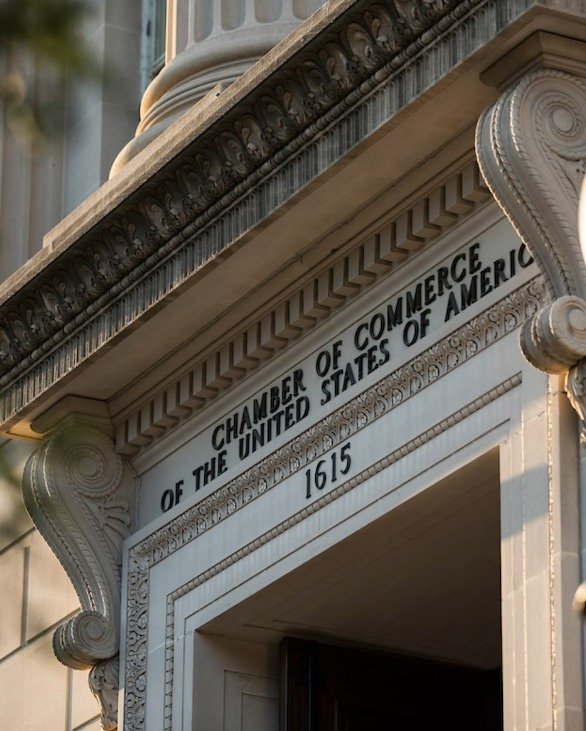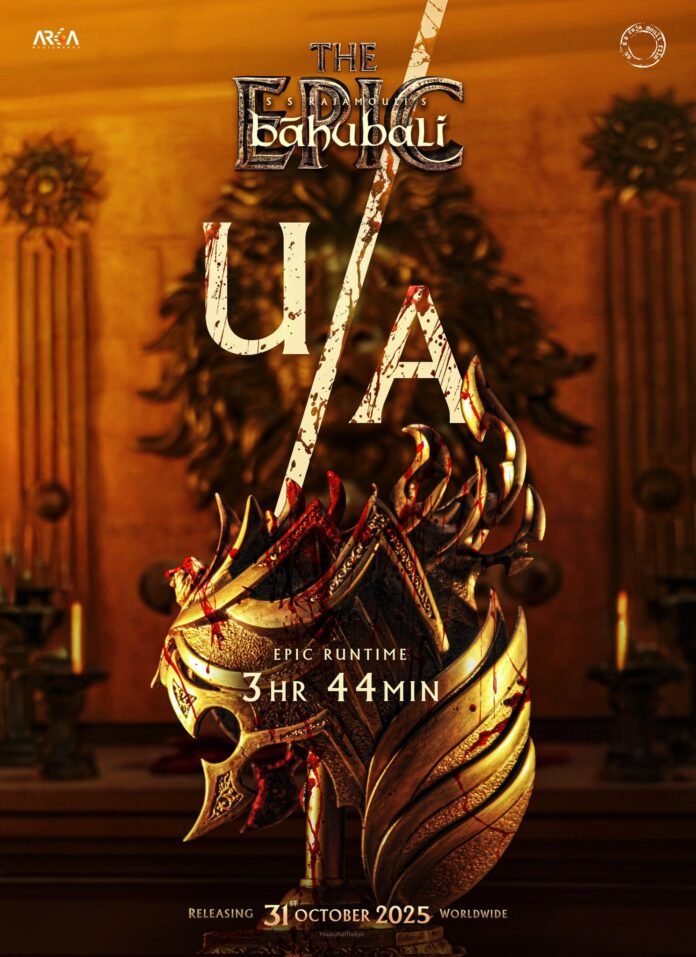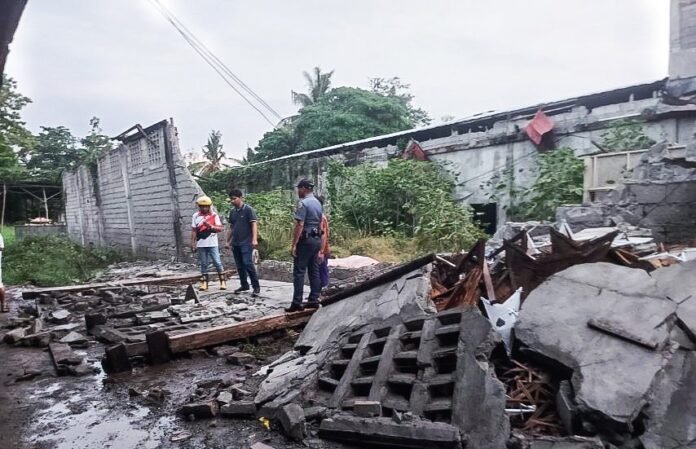The U.S. Chamber of Commerce has filed a lawsuit against the Trump administration in a Washington district court, arguing that the proposed $100,000 fee for H‑1B visa applications is unlawful and could cripple American businesses. The chamber says the fee would raise labor costs sharply, forcing companies to cut highly skilled hires that are hard to replace locally.
In its complaint, the chamber calls the September 19 proclamation “plainly unlawful” and claims it would give a boost to the United States’ economic rivals. “The President can control who enters the country, but he can’t simply override Congress’s laws,” the letter states.
Neil Bradley, the chamber’s executive vice president, said the fee would make it “cost‑prohibitive for U.S. employers” to tap into global talent, sending the message that the economy needs more workers—not fewer. The chamber counts about 300,000 members, representing more than three million companies and professional groups across the country.
This lawsuit follows an earlier legal challenge filed by a coalition of unions, education professionals and religious groups. Those plaintiffs, in a case in the Northern District of California, argued that the proclamation “ignores the benefits of the H‑1B visa program to the American economy” and that the $100,000 fee is “unprecedented, unjustified and unlawful.” Their lawsuit lists several immigration and advocacy groups such as the Justice Action Center, South Asian American Justice Collaborative, and Democracy Forward Foundation.
Donald Trump announced the fee in September, saying it would “incentivize the hiring of American workers.” U.S. Commerce Secretary Howard Lutnick defended the policy, noting it would discourage firms from hiring foreign talent. He explained that the fee would make training foreign workers uneconomical, encouraging employers to train American graduates instead.
The proclamation sparked confusion, as many wondered whether it would affect existing H‑1B holders. The White House clarified that the $100,000 is a one‑time fee applicable only to new visa applications, not renewals or current holders. The U.S. Department of Homeland Security (DHS) has also proposed changes to the H‑1B process, suggesting the removal of the current lottery system and replacing it with a weighted selection that would favor higher‑skilled workers.
In 2024, workers from India accounted for over 70% of all approved H‑1B visas, largely due to a backlog of approvals and a large number of skilled immigrants from the country. The proposed fee and regulatory changes could reshape that pattern and alter the landscape for global talent in the United States.
Source: ianslive
Stay informed on all the latest news, real-time breaking news updates, and follow all the important headlines in world News on Latest NewsX. Follow us on social media Facebook, Twitter(X), Gettr and subscribe our Youtube Channel.



